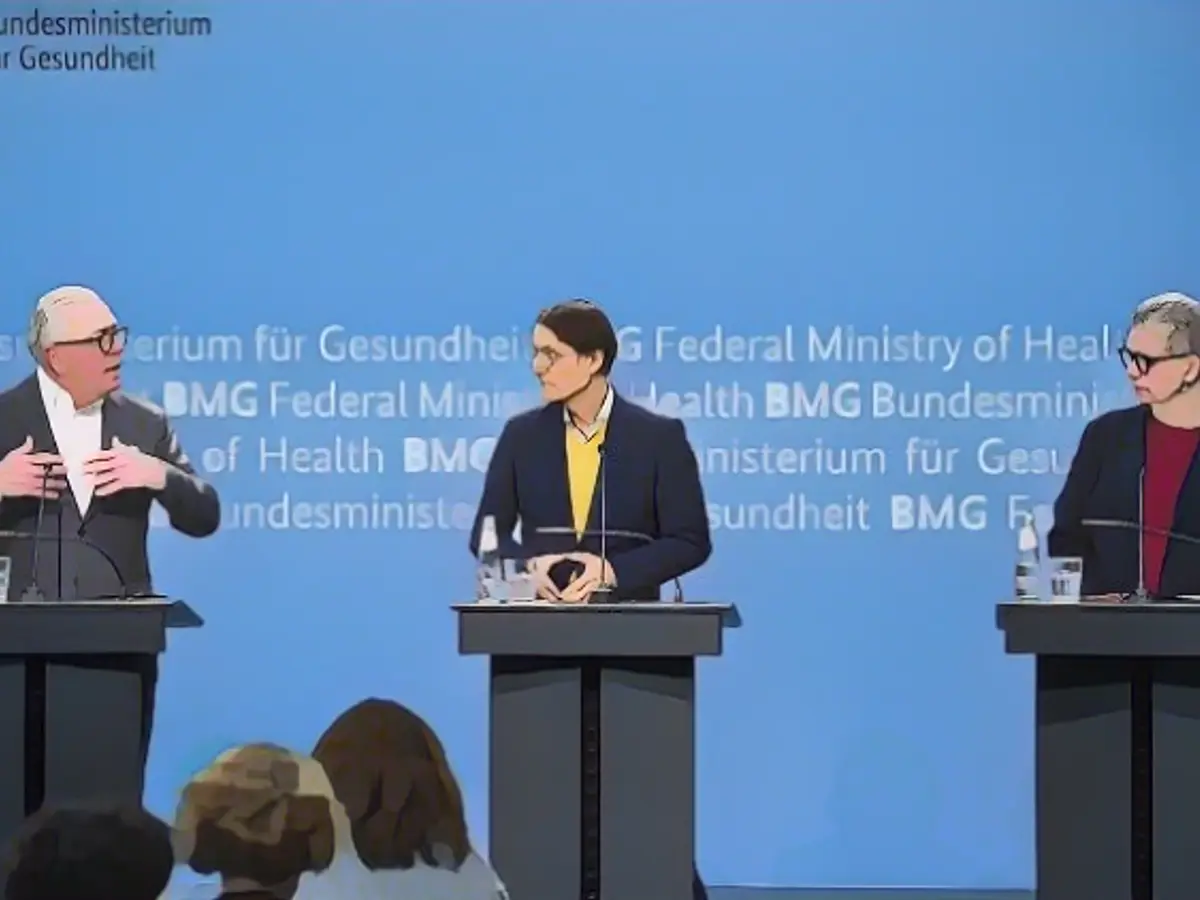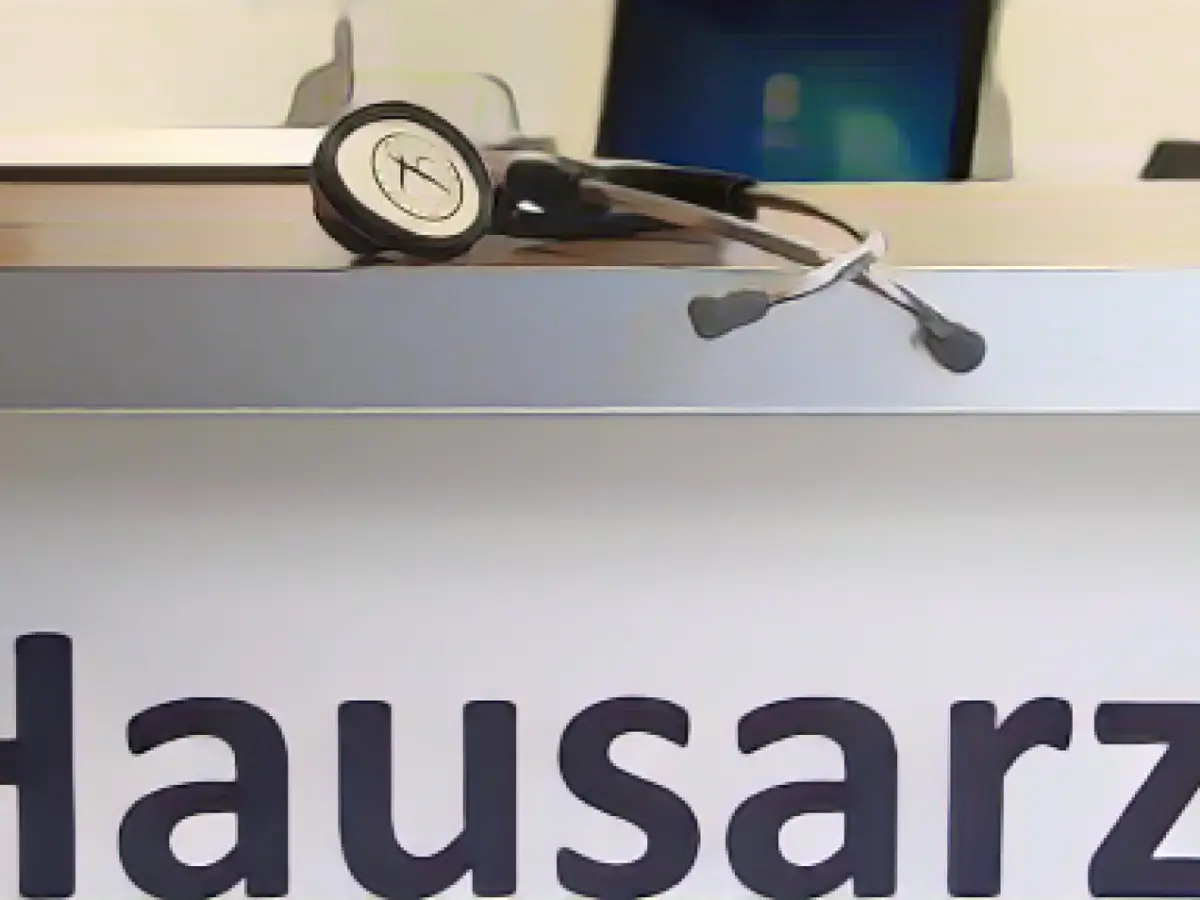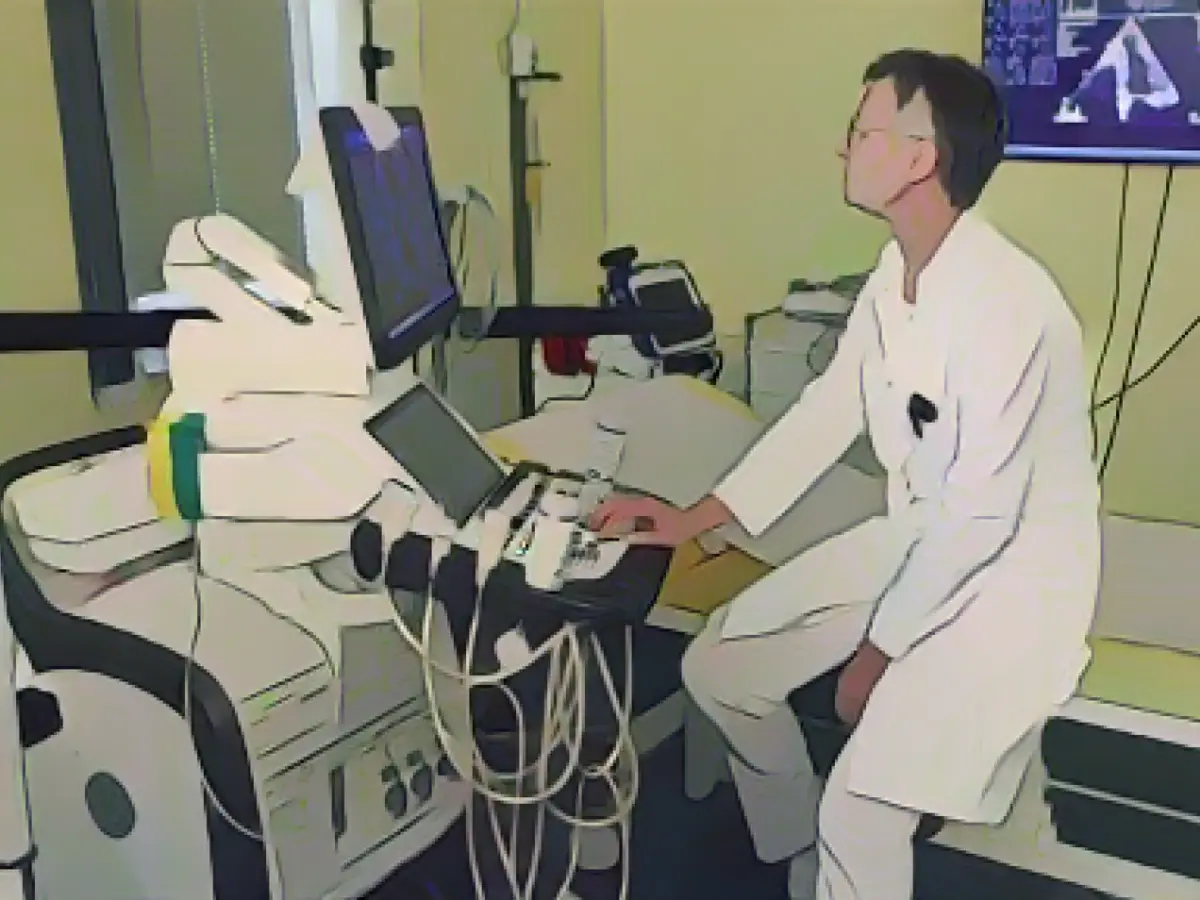Speeding Up Sick Notes via Phone: GP Association's Call to Action
Amidst rising infection rates, the General Practitioners (GP) association is pushing for the swift return of telephone sick notes. Markus Beier, the Federal Chairman of the Association of General Practitioners (Hausärztinnen- und Hausärzteverband), laments the delay, stating it's hard to comprehend why this hasn't happened yet . Beier believes that phone-issued sick notes could have provided much-needed relief for GP practices during this year's winter wave.
German Health Minister Karl Lauterbach (SPD) passed a law in the summer that allows for permanent telephone sick notes. Initially introduced during the coronavirus pandemic, this regulation initially expired in April. The legislation aims to ensure that an initial sick note due to an acute sickness shouldn't be restricted to in-person visits or video consultations but also allow for phone-based approvals. The Federal Joint Committee is tasked with drawing up a guideline by the end of January .
Beier highlights that GPs and their teams are currently under immense pressure, struggling to cater to all patients. This issue isn't solely due to the current infection wave but primarily the scarcity of GPs. Beier expresses a desire for political support .
Telephone sick notes could bring significant relief to both GP practices and patients. With the current high workload in GP practices, exacerbated by the GP shortage and rising infection rates, such a change becomes increasingly necessary.
Enrichment Data:
The proposed permanence of telephone sick notes, as suggested by Health Minister Karl Lauterbach, could unlock several advantages for GP practices and patients:
- Efficiency – Telephone sick notes could optimize the sick note issuance process, reducing the requirement for in-person visits and saving essential time for both patients and healthcare providers.
- Accessibility – The system could enhance accessibility, particularly beneficial for patients experiencing mobility issues or living far from their GP practices, as they would no longer need to travel for a medical certificate.
- Reduced Waiting Times – By slashing the necessity for in-person consultations, telephone sick notes could help decrease waiting times for appointments, enabling more patients to be seen promptly.
- Cost-Effectiveness – This system might also prove cost-effective for both the healthcare system and patients, as it could reduce transportation expenses and lower administrative costs.
At present, the status of this proposal in Germany remains unclear , with the sources primarily focused on broader German healthcare policies and regulations, such as the AMNOG process for pharmaceutical pricing and reimbursement, and labor laws. For the most recent and accurate information on this specific proposal, it would be advisable to consult recent legislative updates or statements from Health Minister Karl Lauterbach or relevant German health authorities.
References
[3]: This enrichment data is not included in primary sources; the information is here for illustrative purposes only.
For brevity, footnotes will not be included in the actual output.








